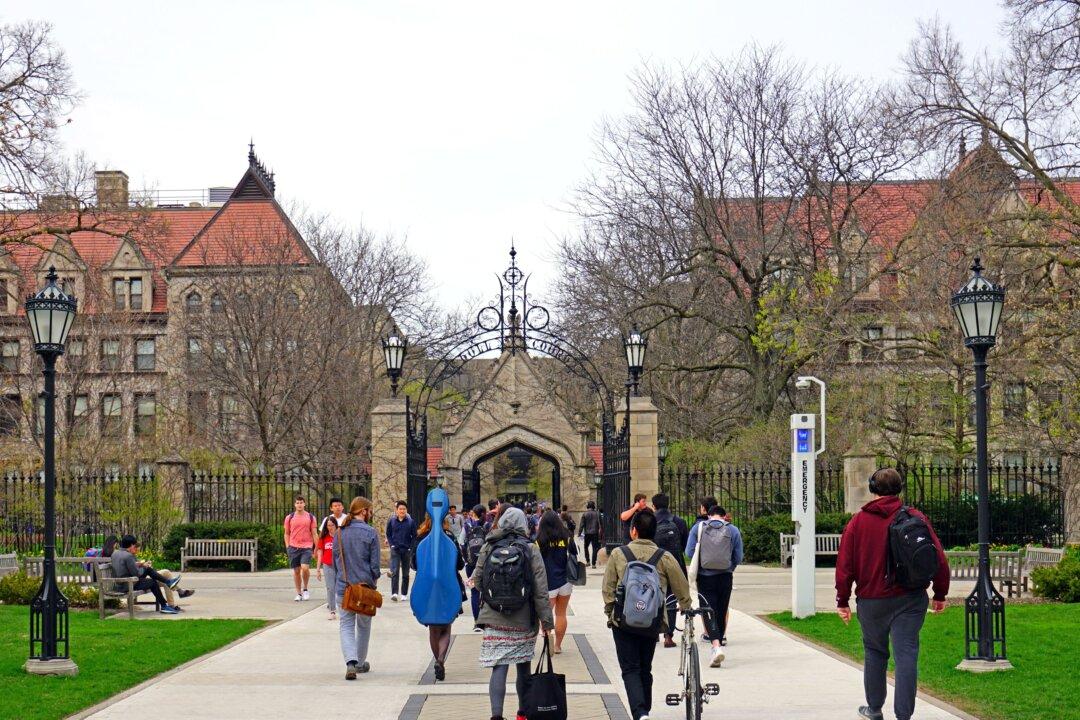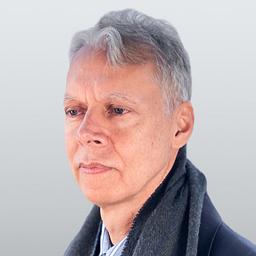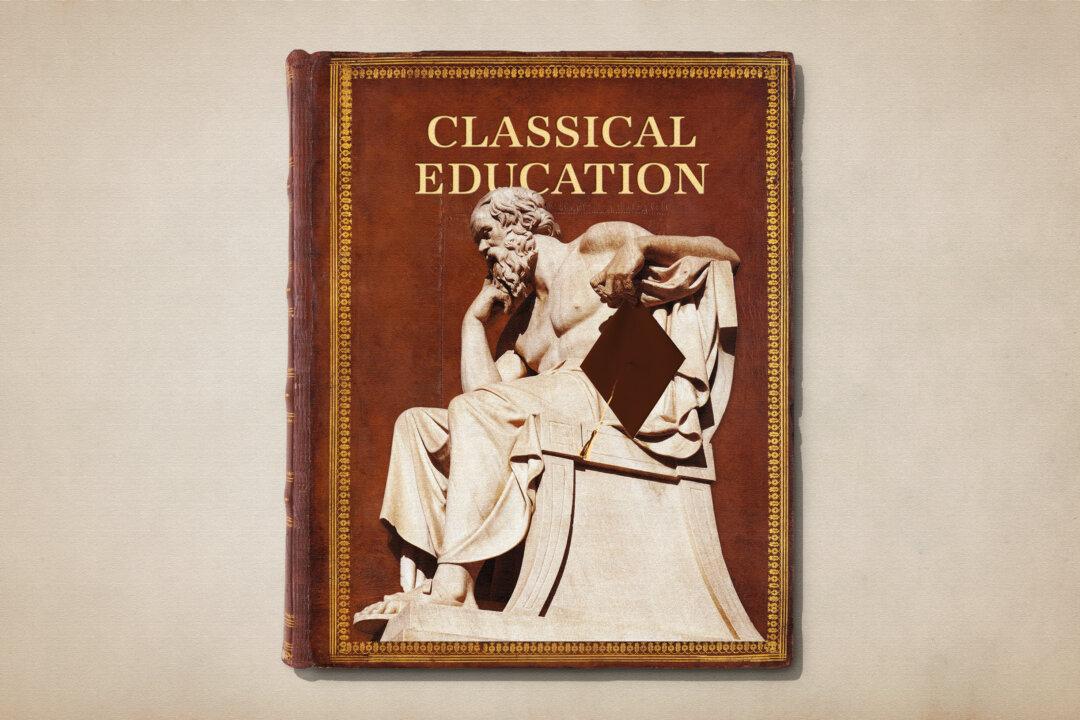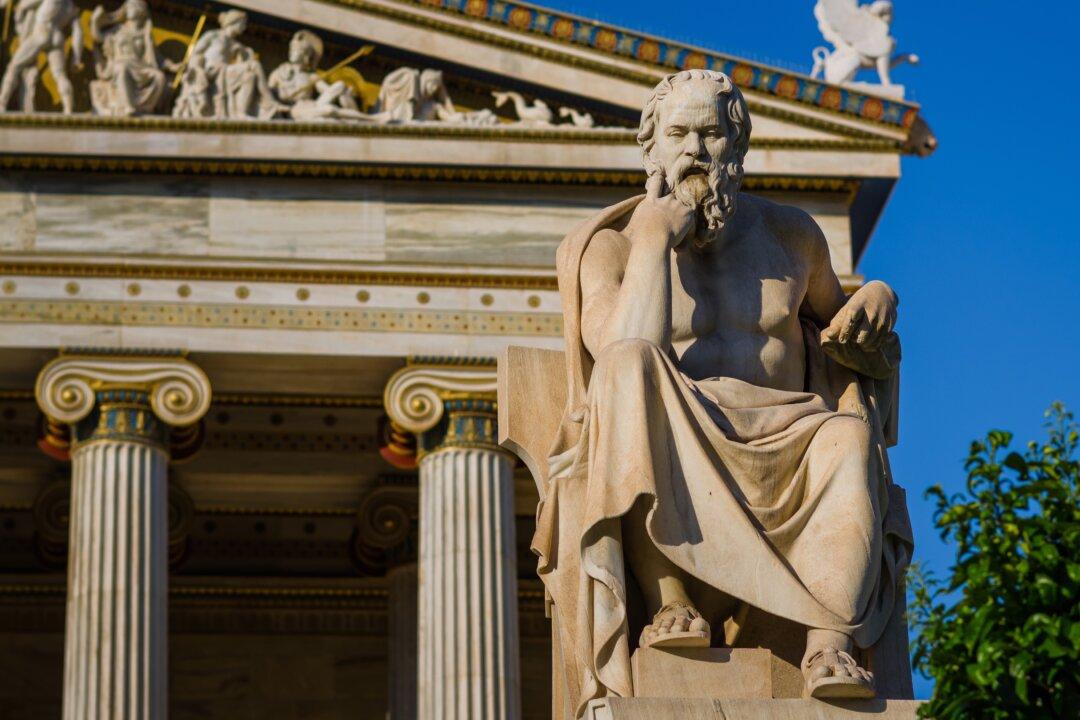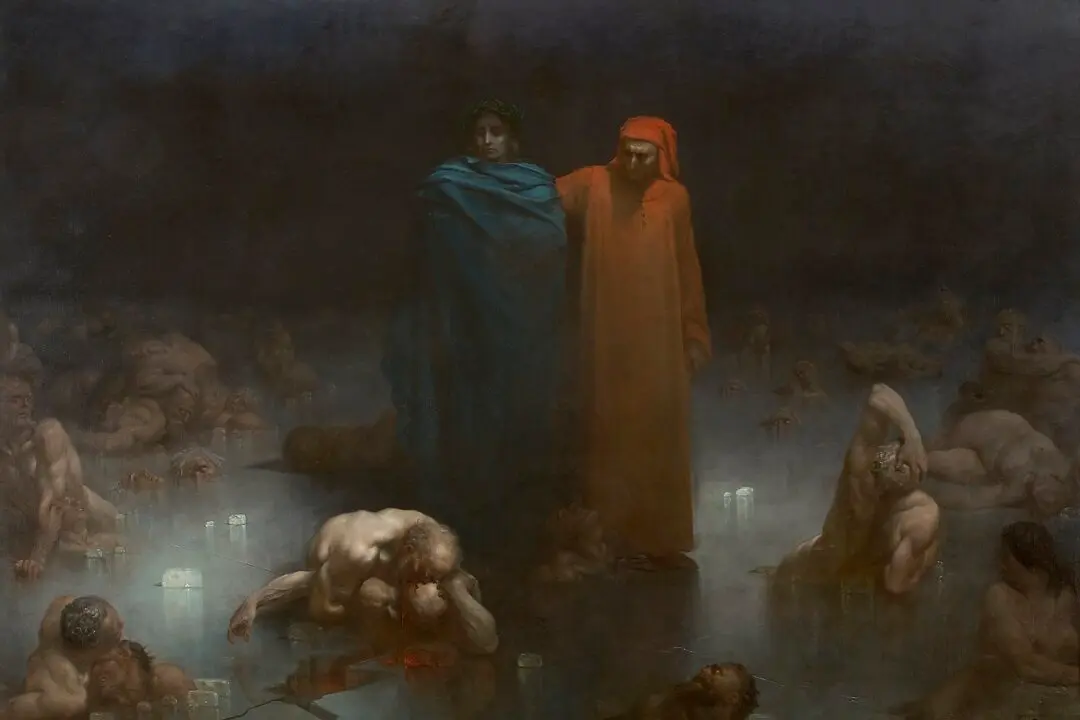Commentary
In the past, if you wanted to find a place where radical thoughts were in the air, protest and dissent were in ferment, and innovative ideas traded back and forth, you couldn’t do better than the college campus in 1965, 1975—all the way to the 2010s.
